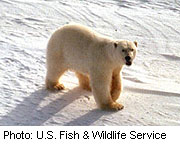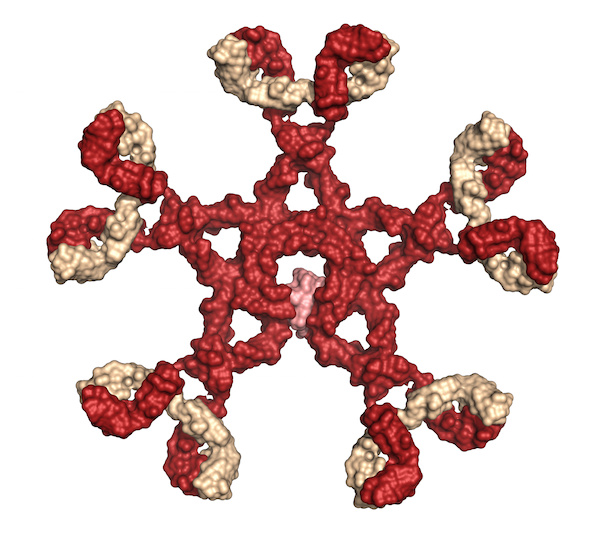
WEDNESDAY, Jan. 13 (HealthDay News) — Scant evidence of antibiotic-resistant superbugs has been found in the droppings of Arctic polar bears that are isolated from humans, potentially suggesting that humans are responsible for the spread of such germs in the animal kingdom at large.
“The presence of antibiotic resistance genes has previously been described in bacteria taken from the feces of deer, foxes, pigs, dogs and cats,” study researcher Trine Glad, of the University of Tromso in Norway, said in a news release. But the researchers wondered if the germs would show up in the Barents Sea area, where humans are rare.
In an examination of fecal samples and rectal swabs that were taken from 10 polar bears in 2004-2006, the researchers looked for genes that make germs resistant to antibiotics.
“This enables us to study an ecosystem with little human impact and should allow us to determine whether these genes are naturally occurring or are caused by exposure to human antibiotics,” Glad explained in the news release.
The researchers found little sign of germs that have some immunity to antibiotics, according to their report, published Jan. 14 in the online journal BMC Microbiology.
More information
The U.S. Centers for Disease Control and Prevention provides information on antibiotic resistance.

